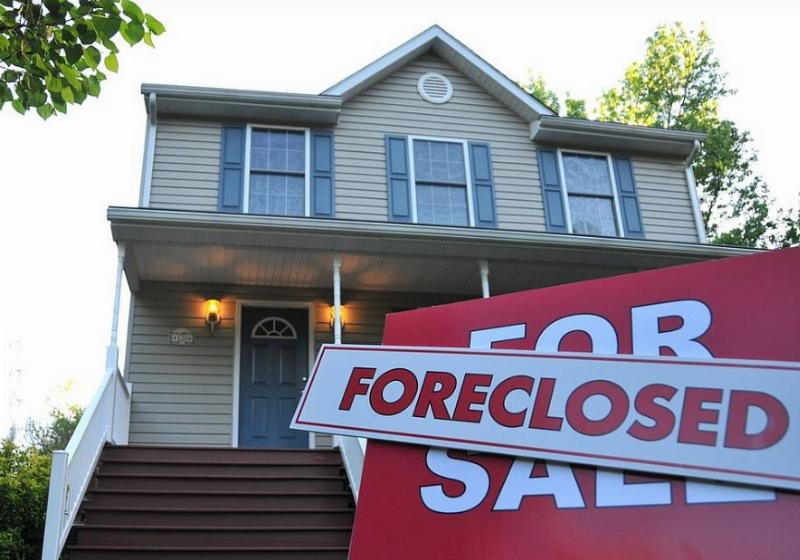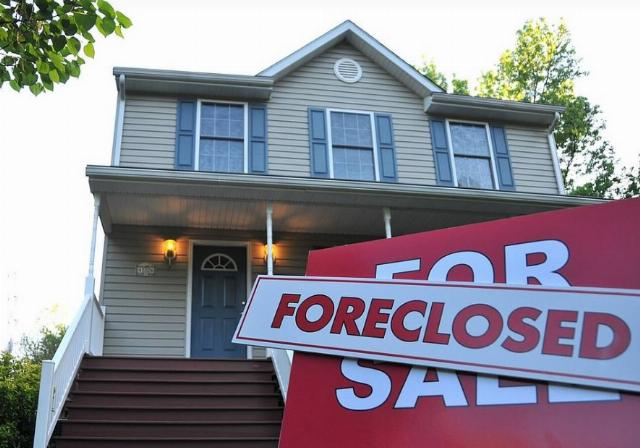


Is the American dream less attainable for young people today than it has been for past generations?
Unfortunately, the answer to that question is yes.
According to a new poll conducted by Rasmussen Reports and The Heartland Institute, more than six in 10 likely voters aged 18 to 39 think the “American economy is unfair to young people.”
Less than a third of those polled currently own their own home while more than 40 percent are worried that they will never become homeowners. Less than a quarter describe their current financial situation as “doing well,” whereas nearly 30 percent are “struggling,” and 7 percent are “in crisis.”
Only 19 percent describe their current personal life situation as “thriving.” On the other hand, 20 percent feel “stuck or uncertain,” 8 percent feel “lonely, disconnected, or emotionally drained,” and 5 percent feel “mostly negative.”
This is not good news. However, it helps paint a picture of what life is like for a large chunk of young Americans who have grown up in a broken economy.
It also helps explain why communism is making a comeback among young people.
According to the aforementioned poll, 55 percent of young Americans “strongly” or “somewhat” support a law that would confiscate Americans’ excess wealth -- including things like second homes, luxury cars, and private boats -- in order to help young people buy a home for the first time.
Just to be clear, that is not socialism. It is the embodiment of communism.
Communism, collectivism, socialism, Marxism, Leninism, democratic socialism, whatever you want to call it, is the antithesis of the American dream.
Yet, despite its inglorious history of mass poverty, misery, death, and destruction, this ideology is slowly but surely resonating with millions of young Americans.
Too many young Americans are frustrated with their life circumstances and many of them have ample reasons to be angry. College is unaffordable. Housing is unaffordable. Groceries are unaffordable. Utility bills are unaffordable. Even going out for a night on the town or to a concert or sporting event is unaffordable for most.
The problem is that far too many young Americans are misdiagnosing the reason why life has become so unaffordable and why their prospects of achieving the American dream are dwindling.
Free-market capitalism is not to blame for the fact that young Americans are struggling. Rather, it is the lack of a robust free-market economy, which has become more the case today than ever before, that is the root of the problem.
Big government interventions in higher education, health care, and the housing and energy markets are the real drivers of escalating costs. Crony capitalism has jumbled and overtaken the laws of supply and demand.
Take the housing market as an example. From FDR’s New Deal housing programs to the 1977 Community Reinvestment Act to the Fannie Mae and Freddie Mac bailouts, the federal government has had a heavy hand in the nation’s housing market for close to a century. Moreover, in recent decades, state and local governments have used zoning laws and other regulations to artificially reduce new home starts. Pile on ever-increasing property taxes and high interest rates courtesy of the Federal Reserve and no wonder America’s housing market is upside-down.
The same story can be said about several other major industries. As a general rule of thumb, more government meddling skews market forces, raises costs, decreases efficiency, blunts innovations, and almost always produces a host of unintended consequences, most of which do more harm than good.
The situation in New York City is a prime case. In the Big Apple, Democratic Socialist Zohran Mamdani endlessly ridicules the high cost of living. As the frontrunner in New York’s mayoral race, Mamdani blames the cost spike solely on the back of capitalism.
As such, Mamdani, who is an overt communist based on his past statements calling for seizing the means of production, supports numerous failed communist policies, like government-run grocery stores, rent freezes, and wealth taxes.
Although Mamdani’s policies might sound good to naive Americans who aren’t aware of the perils of collectivism, they would almost assuredly make a bad situation far worse.
Instead of calling for more wealth redistribution, I wish Americans, young Americans in particular, would call for a return to common-sense, free-market economics.
If the United States were to reembrace the economic philosophy of Adam Smith, the very philosophy that transformed the American colonies into the most prosperous and opportunity-laden natin in world history, I am highly confident the American dream can be revived for generations to come.
By contrast, if more and more young people reject free-market capitalism in favor of communism, take my word for it: the American dream will become a pipedream.
Chris Talgo (ctalgo@heartland.org) is editorial director at The Heartland Institute.

Image: National Archives
